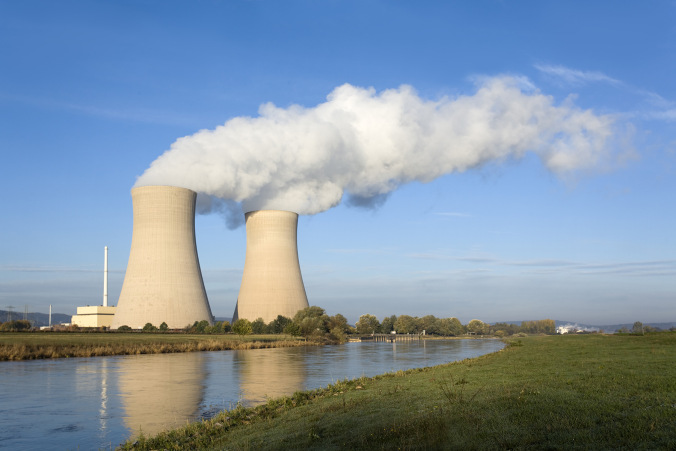Swiss voters to ban on new nuclear plants

On Sunday Swiss voted on whether to support the federal government’s plan to overhaul Switzerland’s energy system. The plan was accepted by 58.2% of voters with only four of the country's 26 cantons voting "no".
The Swiss initiative mirrors efforts elsewhere in Europe to reduce dependence on nuclear power, partly sparked by Japan's Fukushima disaster in 2011.
Following its approval, the new law is expected to come into force in early 2018. According to the Swiss government website, it is aimed at reducing energy consumption, increasing energy efficiency and promoting renewable energies such as water, solar, wind and geothermal power, as well as biomass fuels.
The new legislation also prohibits the construction of any new nuclear power plants on Swiss territory. However, it does not envisage immediate decommissioning of the existing nuclear power reactors, instead allowing them to operate as long as they are deemed safe.
"The results shows the population wants a new energy policy and does not want any new nuclear plants," Energy Minister Doris Leuthard said, adding the law would boost domestic renewable energy, cut fossil fuel use and reduce reliance on foreign supplies.
The plan earlier received backing of the Swiss Federal Council and Parliament, which both called on citizens to support it. However, the right-wing populist Swiss People's Party (SVP), which has the largest faction in the parliament, opposed the strategy, arguing that it would be too expensive and would threaten Switzerland’s energy supply.
The electrical and mechanical engineering sector, which opposed the law, said it was important to see how it was implemented.
"The problem of long-term security of electricity supplies must be resolved. It is also important for companies that the costs and the regulatory burden not swell," it said.
Under the law, 480 million francs ($660 million) will be raised annually from electricity users to fund investment in wind, solar and hydro power.
An additional 450 million francs ($620 million) will be set aside from an existing fossil fuels tax to help cut energy use in buildings by 43 per cent by 2035 compared with 2000 levels.
Solar and wind now account for less than 5 per cent of Switzerland's energy output, compared with 60 per cent for hydro and 35 per cent for nuclear.

